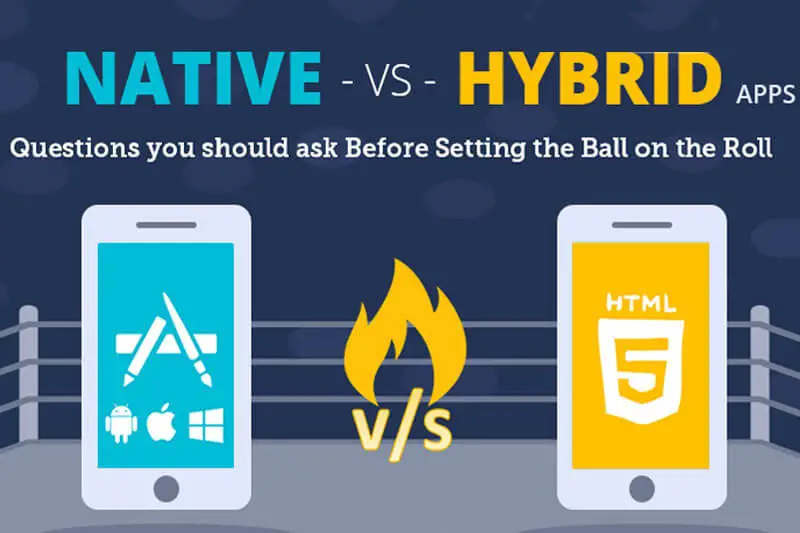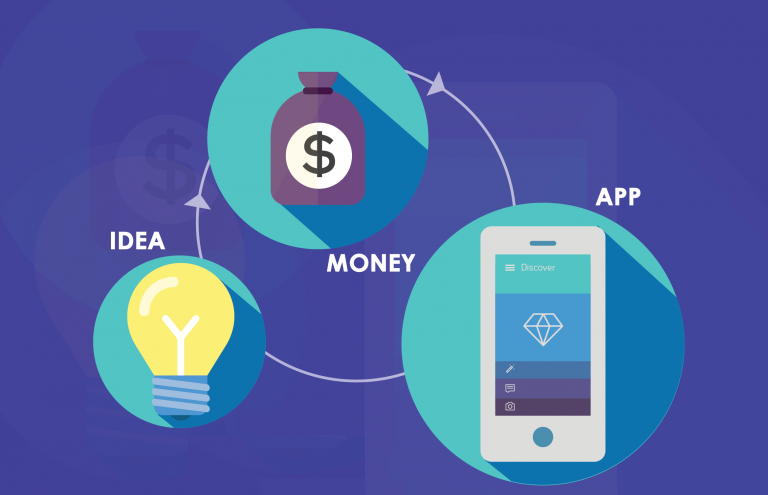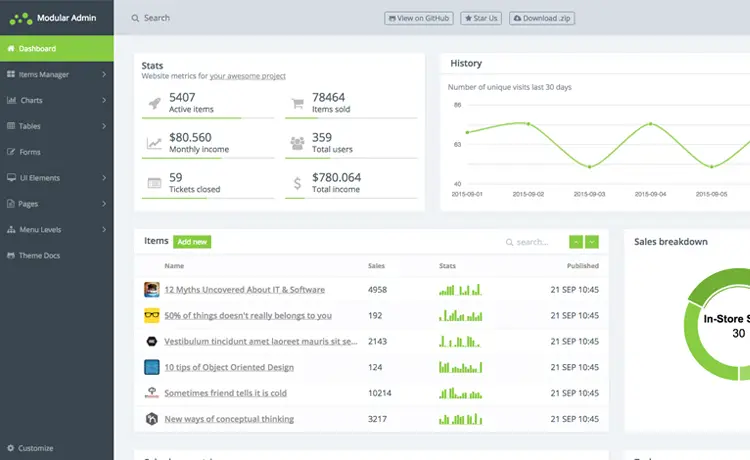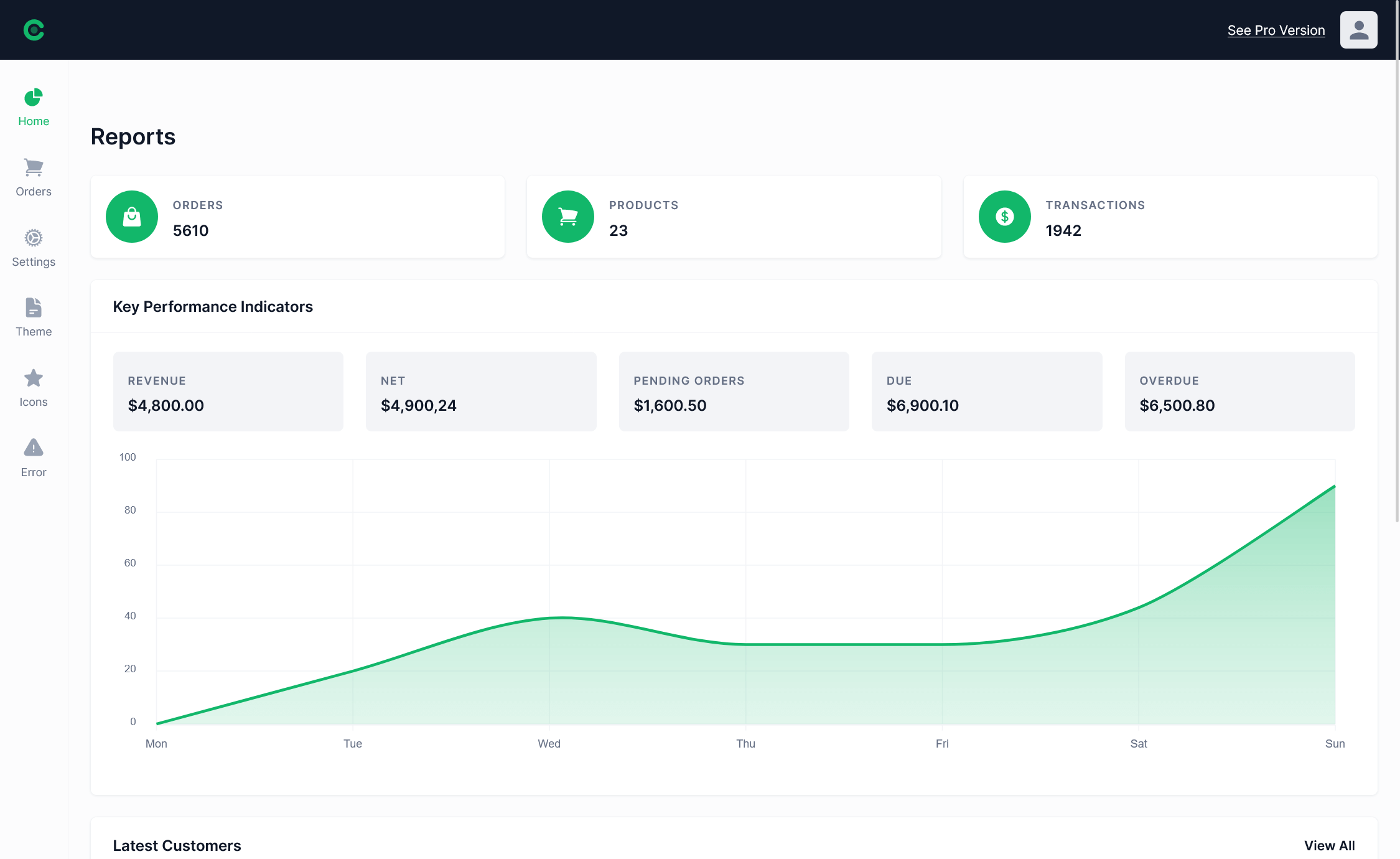Choose the best: Native App vs Hybrid App
By Tan Lee Published on Sep 04, 2019 2.74K
Have you heard of the Hybrid and Native apps? You are wondering what to choose. Currently, you have many solutions to develop Hybrid app (cross platform) and Native app.
In this article, I will compare the advantages and disadvantages between Hybrid and Native app. When should you choose the Hybrid app and when to choose the Native app?
What is native and hybrid app?

Hybrid apps are only native apps, as they can be downloaded from the platform's app store like the native app. Hybrid applications are built using web technologies like HTML, CSS, and JavaScript, while native applications are built with specific technologies and languages for platforms like Java for Android, Swift for iOS.
What are native apps?
Native app is an application developed in a programming language specific to the platform. This makes them compatible only with a corresponding platform.
Android applications are developed primarily by Java or Kotlin. While iOS apps are developed using Swift or Object-C.
What is hybrid apps?
On the other hand, hybrid apps are applications developed using web technologies such as HTML5, JavaScript and CSS combined with native elements.
They are essentially standalone websites displayed using a native webview. Native webview is a native component provided by operating systems like Android and iOS to download web content.
Pros and cons of Hybrid and Native apps
Each approach to mobile application development has its advantages and disadvantages. To be able to clarify these pros and cons, I will evaluate based on the following criteria.
1. Project development costs when using Hybrid and Native apps

Cost is probably the most important factor affecting how companies develop apps.
Hybrid app has more advantages. Because hybrid apps can be built for any platform from a single code base, they are much cheaper than native apps.
For example, a small business can spend about $100,000 to build a product with the lowest feasibility using the hybrid method.
But building a native app for both Android and iOS costs $200,000. That's a lot of money, not to mention other costs.
2. Application development time
Building a hybrid app is often faster than a native app. Why so?

Because hybrid apps are developed using web technologies like HTML5, JavaScript and CSS. They allow to create blueprints much faster.
In addition, hybrid apps use a single code base to run on different platforms. From there it also significantly shortens the time to market.
Companies that decide to build a native app often launch the product on a platform first. Then debut on the remaining platform. This will surely make users aversion to the platform version that is released later.
Why Hybrids are better than natives?
Unlike hybrid apps, native apps are built specifically for each platform on which they will be used. For example (iOS, Android, etc.). While React Native allows code to be shared across platforms and helps developers create less complex applications and work better than hybrid apps.





